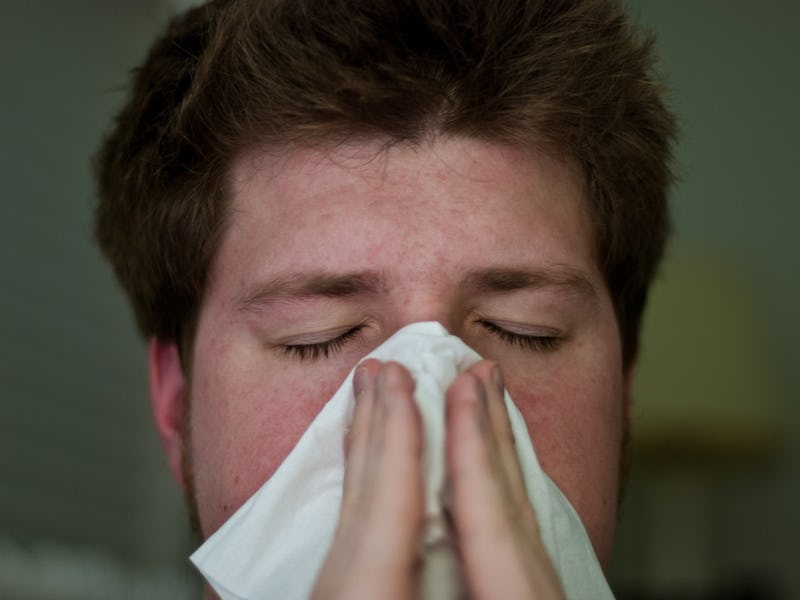Study Reveals Why Sick Employees Should Just Stay Home
Everyone pays when employees cave to severe attendance policies and fears about job insecurity.

It doesn’t just suck for your co-workers when you’re sick and insist on heading to the office. According to a new study from the University of East Anglia, presenteeism points to personal issues with the work environment that could prove to be costly to employers in the long run.
The study, published in the Journal of Occupational Health Psychology, found that high job demands, stress, and job insecurity are some of the major reasons people go to work when they’re sick. The researchers found that these incentives, combined with personal motivation to go the extra mile — for example, a strong sense of company commitment or high job satisfaction — could make the initial illness even worse and result in dramatic declines in performance and morale.
“Working while ill can compound the effects of the initial illness and result in negative job attitudes and withdrawal from work,” said Dr. Mariella Miraglia, the study’s lead author, in a release. “However, the possible negative consequences of being absent can prompt employees to show up ill or to return to work when not totally recovered.”
The study revealed that employees who had better relationships with their colleagues and managers didn’t feel pressure to work when they were sick; they also tended to be more satisfied with their jobs and generally healthier.
In their analysis of 61 previous studies spanning over 175,000 participants and 34 European countries, the researchers found that unchecked presenteeism could end up costing companies more than a few sick days.
The Integrated Benefits Institute estimated in 2012 that presenteeism costs the American economy $227 billion in lost productivity.
The researchers hope their data will motivate office managers to seriously rethink severe attendance policies that intimidate employees into showing up when they’re sick.